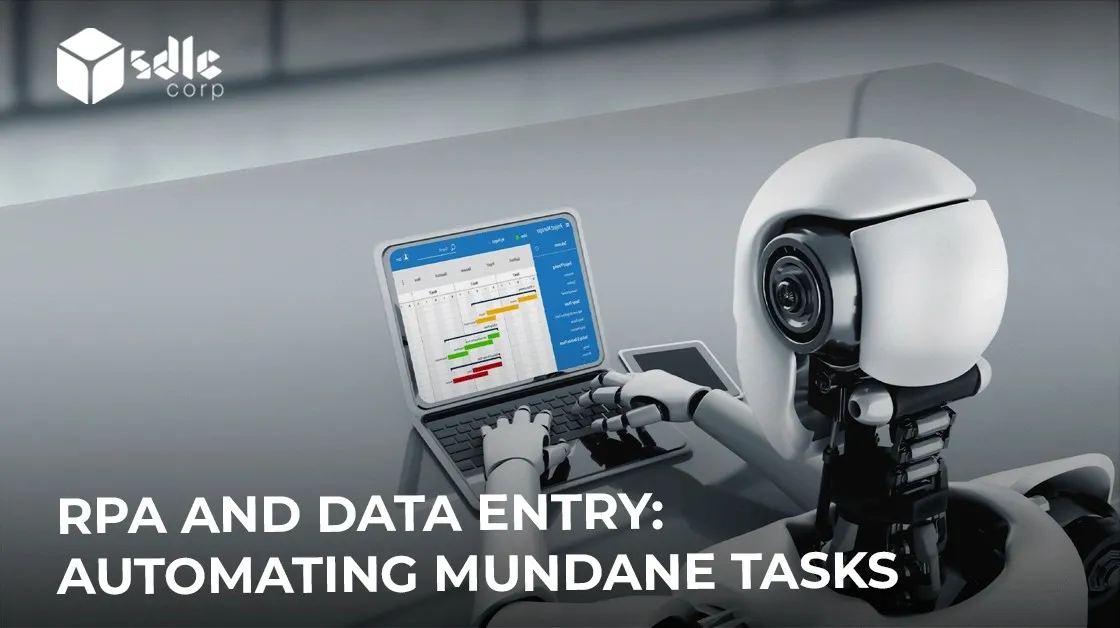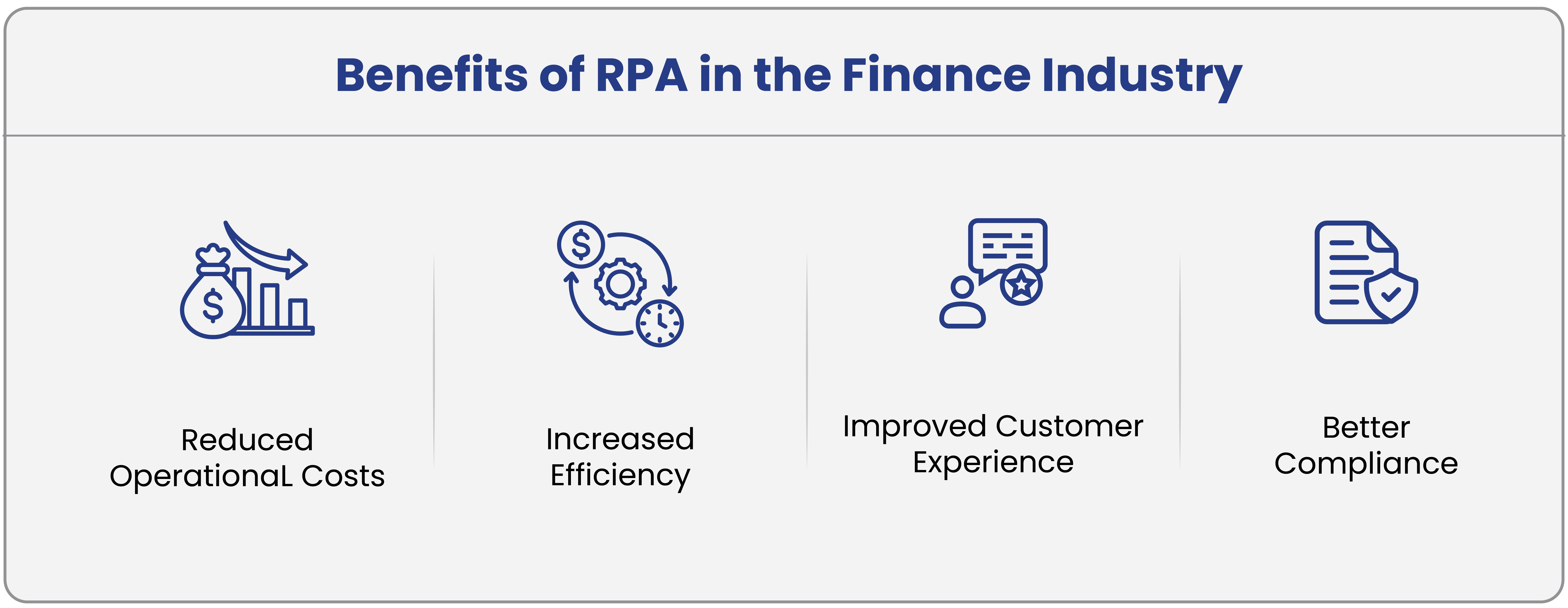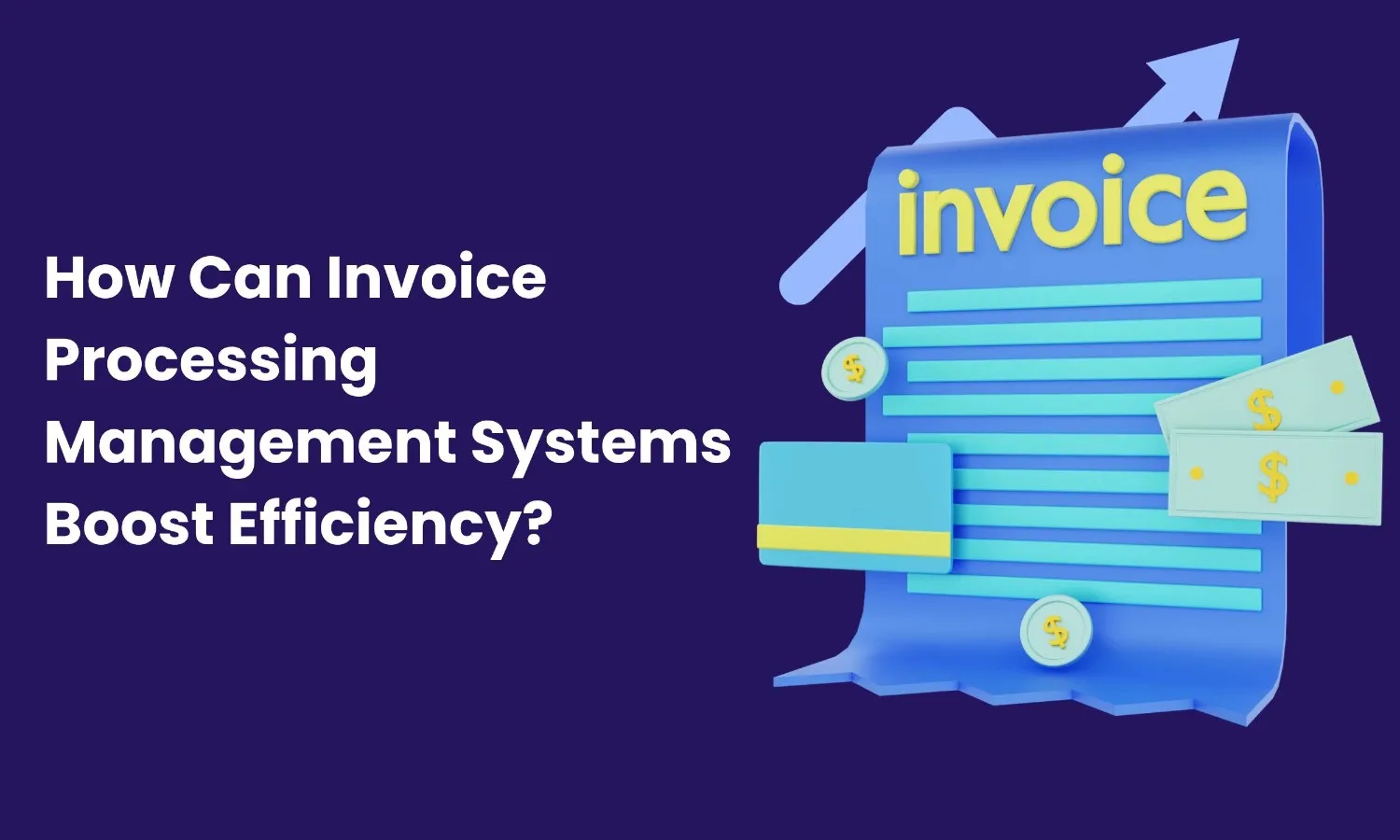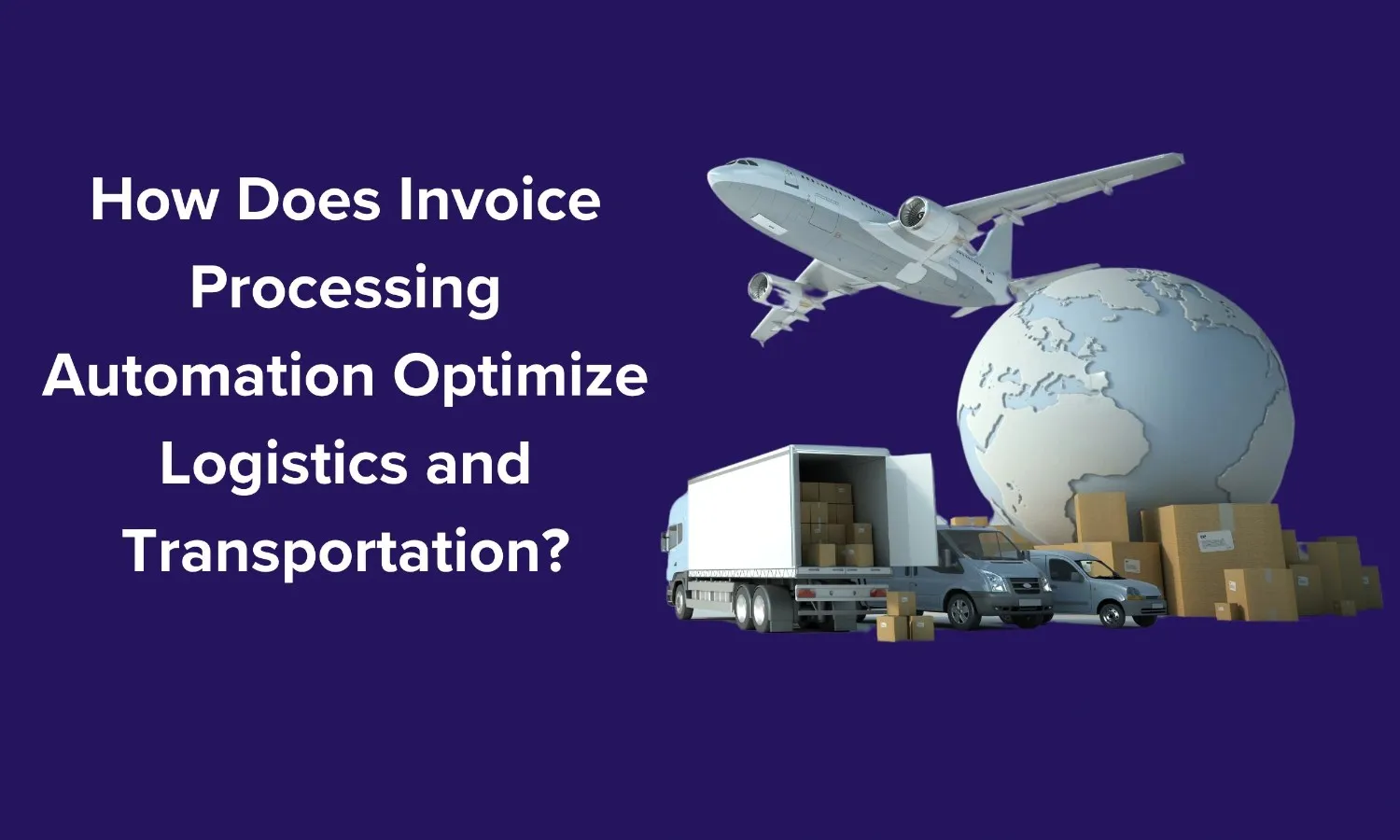Introduction
RPA and The Finance Industry: Robotic Process Automation (RPA) is a rapidly growing technology transforming various industries by automating repetitive, rule-based processes. The finance industry, in particular, has seen significant benefits from implementing RPA solutions. In this article, we’ll look at some of the ways RPA is used in the finance industry and some of the benefits it brings.
RPA's Role in Finance and Accounting
RPA is a new technology that has an impact on Fintech services. RPA is an umbrella term for advanced software technology (software robots) that can be programmed to perform tasks that previously required human intervention. It is also known as smart RPA deployment or “intelligent automation”. Other robotic solutions include cognitive computing, artificial intelligence, and machine learning.
By 2027, the market for robotic process automation will have increased from $1.40 billion to $11 billion.
Automating accounting and finance tasks can make the work more efficient by taking them out of human hands. Robotic process automation is also known as “digital FTEs” or “human proxies” because it can handle routine, rule-based tasks, and basic operations and interact with systems as a human would.
Risk assessments, security checks, data analysis and reporting, compliance processes, and most other repetitive administrative activities are examples of practical process automation applications. This gives financial institutions more time and resources to focus on their core responsibilities.
Use Cases of RPA in the Finance Industry
Finance and accounting are high-volume, complex processes. For example, bank employees spend significant time entering customer information for the loan form. This time can be easily saved with robotic process automation (RPA). It can extract data from the centralized system and transfer it directly to the form.
There are numerous RPA use cases in accounting and finance operations. We will examine the top seven RPA use cases in operational finance and accounting. They are as follows:
Elevate Finance: Uncover RPA's Benefits and Use Cases Today!

1. Customer Orientation
2. Data Collection
Data recording is one of the most effective RPA applications in accounting. However, most of the time, gathering and entering data takes time.
It also leads to human errors, costing businesses millions of dollars. Robotic Process Automation (RPA) services allow businesses to record data without error and with complete accuracy.
However, financial transactions necessitate extreme caution. You can use an RPA platform to add triggers for entering data and recording it in the appropriate sheets.
If you don’t have to hire people to check the transactions by hand, you can save a lot of money.
3. Accounts Payable (AP) and Receivable (AR) Processing
Payment management is one of the most dangerous jobs in the financial services industry. You can streamline the receivables and payables process by implementing RPA. There are strict deadlines, and enough money needs to be paid.
You can use computerized accounting to automate paying vendors and receiving money from stakeholders. Automate the timeline for sending and receiving payables. RPA bots can create approval workflows, process payments, and receipts, and ensure that all transactions are completed on time. It also provides that we follow financial audit policies and regulations.
4. Invoice Administration
Invoices are essential to any bank or financial institution’s daily operations. However, processing one invoice takes about two weeks because most of the process requires manual input.
RPA in finance processes makes invoice management easier. In minutes, bots can gather and extract receipts, collect data, send an invoice to vendors, provide notifications, and offer reconciliation.
The RPA bots are available 24 hours a day, seven days a week, so there is less chance of missing an invoice. When the RPA software receives the receipt, it extracts the data directly.
Explore our other insights!

RPA and Cybersecurity: Ensuring Data Protection
Introduction Robotic Process Automation (RPA) has been gaining widespread adoption in recent years thanks to its ability to

RPA and Data Entry: Automating Mundane Tasks
Introduction RPA for Data Entry: In today’s digital age, businesses constantly seek new and innovative ways to improve

Understanding RPA and its Various Industry Applications
Introduction RPA Industry Applications: Robotic Process Automation (RPA) is an innovative technology that automates mundane, repetitive tasks and
5. Management of Investments
RPA’s application in investment management is still in its early stages. While they cannot provide direct investment advice, they serve as a wealth management support system.
When it comes to price comparison, RPA solutions show promise. They provide real-time updates on stock and mutual fund prices. As a result, you can select the best options by comparing them.
Aside from that, it can track your portfolio and assess the changes in your wealth. You can make informed decisions if you fully comprehend this.
6. Financial Closing
Financial closing assistance is among the best RPA use cases in finance and accounting. All expenses, receipts, and transactions from the year must be recorded and transferred from Excel to the sub-ledger. It is a lengthy procedure.
RPA technology enables businesses to automate data extraction and recording in the appropriate sub-ledgers. You must keep track of hundreds of invoices, receipts, and documents. RPA in banking assists employees in closing yearly and monthly accounts by delivering the correct information to the proper form at the right time.
7. Financial Planning
Accountants face several challenges when it comes to planning and forecasting financial outcomes. RPA in the finance department simplifies budgeting and expense planning over time.
RPA in finance and accounting provides data sets to financial planning and forecasting systems. RPA bots extract data from internal and external sources and feed it into the predictive system, providing insights for making informed decisions. In addition, it provides up-to-date information, making complex processing simple.
Drive Finance Forward: Discover RPA's Benefits and Use Cases Now!

Benefits of RPA in the Finance Industry

1. Reduced Operational Costs
The RPA can significantly reduce operational costs by automating repetitive tasks, reducing the need for manual labor, and improving efficiency. This can lead to cost savings of up to 50% or more.
2. Increased Efficiency
RPA can perform tasks faster and more accurately than humans. This can improve the speed and efficiency of financial processes, reducing the turnaround time for tasks such as loan processing, customer onboarding, and compliance reporting.
3. Improved Customer Experience
Robotic Process Automation can automate the customer onboarding process, making it faster and more seamless for customers. Improved customer loyalty and satisfaction may result from this.
4. Better Compliance
The RPA can help financial institutions comply with regulations and generate compliance reports accurately and efficiently. This can lower the likelihood of non-compliance and prevent expensive fines. (Read more about The Future of RPA: Trends to Watch Out for in 2023)
RPA in Financial Services: Market Size, Growth, and Benefits for BFSI Sector
According to a Grand View Research report, the global RPA market is expected to grow at a CAGR of 33.6% from 2021 to 2028, reaching an estimated value of USD 1.12 billion in 2020. The report also found that the banking, financial services, and insurance (BFSI) sector was the largest end-use industry for RPA in 2020, accounting for over 25% of the market share.
Another report by McKinsey & Company found that RPA implementation in financial services can deliver cost savings of up to 75% for some processes, with an average payback period of fewer than 12 months. The report also found that RPA can improve accuracy, reduce errors, and free up staff time for more value-added activities.

Conclusion
RPA transforms the finance industry by automating repetitive tasks, reducing operational costs, and improving efficiency. As a result, financial institutions that implement RPA solutions can benefit from improved customer experience, better compliance, and increased profitability. We can anticipate even more RPA use cases and advantages in the financial sector and elsewhere as the technology develops.
FAQs
1. How does RPA improve efficiency in the finance industry?
By automating repetitive tasks like data entry and processing, RPA can increase efficiency in the finance sector by allowing staff members to concentrate on more complex tasks. Increased productivity and quicker turnaround times may follow from this.
2. What's good about using RPA in the banking industry?
The benefits of using RPA in the finance industry include increased efficiency, improved accuracy, cost savings, and the ability to free up employees to focus on more strategic tasks.
3. Can RPA be used to improve compliance in the finance industry?
Yes, RPA can improve compliance in the finance industry by automating compliance monitoring and reporting tasks. This can help ensure that regulatory requirements are met and reduce the risk of non-compliance.
4. Are there any risks associated with implementing RPA in the finance industry?
Implementing RPA in the finance industry poses risks, such as the potential for errors if the bots are not correctly configured and the risk of job loss for employees whose tasks are automated. Therefore, it is essential to carefully plan and manage the implementation of RPA to mitigate these risks.
5. What crafts are required to implement RPA in the finance industry?
Implementing RPA in the finance industry requires knowledge of both finance and technology. Data analysis, process design, programming, and project management skills are also critical.



